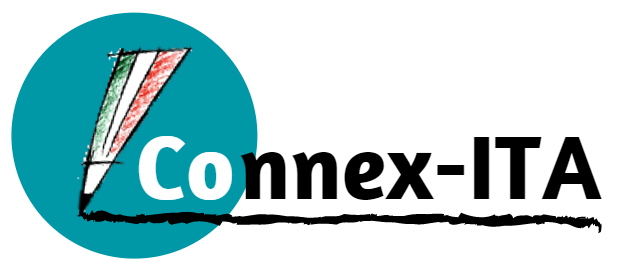“How are you?” is certainly a question that you’ll use everyday to interact with other people.
In this lesson, I’m going to show you 3 different ways to ask “How are you?” in Italian in an informal situation.
3 WAYS TO ASK “HOW ARE YOU?” IN (INFORMAL) ITALIAN
The way you ask “how are you” in Italian can vary and it’s definitely different if you are in an informal or formal context.
Here you’ll learn 3 ways to ask someone how it is going in an informal context.
1 – (TU) COME STAI?
Come stai? /’kome ‘stai/ is a very common expression and it literally means: “How are you?”.
Note that the subject “Tu” (in brackets) can be left out.
(TU) COME STAI?
There are many ways to answer this question depending on your mood but one of the most common is:
STO BENE, GRAZIE! E TU? – I’m good, thanks!
STO BENE, GRAZIE! E TU?
2 – COME VA?
Another way to say “how are you?” in Italian is COME VA? /’kome ‘va/
It’s pretty similar to the expression: “How are you doing?” and can be actually used also in formal situations.
COME VA?
A common answer to this question is:
VA BENE, GRAZIE! A TE? – Good, thanks! What about you?
VA BENE, GRAZIE! A TE?
3 – TUTTO BENE?
TUTTO BENE? /ˈtutto ˈbɛne/ means “Everything is fine?” and it’s pretty common to hear in spoken Italian.
TUTTO BENE?
When you’re asked “Tutto bene?”, you can answer:
SI, GRAZIE! A TE? – Yes, thanks! What about you?
SI, GRAZIE! A TE?
So these are the most common ways to ask “How are you?” in Italian in informal situations.
Easy, right?
You can choose the expression that you prefer the most, there isn’t a rule.
CONCLUSION
In this article, you’ve learnt 3 different ways to ask “how are you?” in Italian (in informal situations).
There isn’t a rule to choose one or another, but probably “come stai?” is the most common one and you’ll hear it pretty often.
So let’s recap on the 3 different ways to ask “How are you?” in Italian:
- COME STAI?
- COME VA?
- TUTTO BENE?
Read also:
FORMAL AND INFORMAL ITALIAN: WHICH ONE SHOULD YOU USE?
5 POPULAR WAYS TO ANSWER “HOW ARE YOU?” IN ITALIAN

why is you : Lei here when I have read that Lei is he/she? I have ben using babbel and pimsleur to prep for our trip to Florence in 2 weeks. Mille Grazie
Lei (with the first letter capitalized) is used as a form of respect.